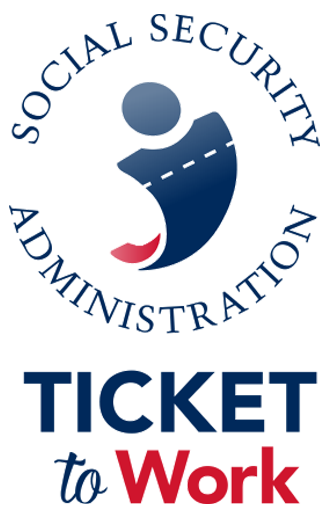Work-from-home; telecommuting; remote; off-site. Regardless of the terms used, working virtually is a sign of the times, and is becoming more and more attractive to many who are currently employed or seeking employment. The days of strictly 9-5 office work are being partially phased out due to the changing and challenging global economy. Work hours are more flexible, as are work locations. It’s not uncommon to see professionals working from a laptop at the corner coffee shop, the local park or from their home office. With the ebbs and flows of today’s business environment, especially in relation to technology and working globally, flexibility equals sustainability.
Flexibility is what we at Human Solutions want to make available to you. We understand that remote jobs can offer the best of the working world, and if vetted properly, they can provide amazing opportunities. Of course, along with the good sometimes comes a little bad—as in scammers and opportunists looking for fast ways to make money at the expense of hard-working individuals.
To help you navigate through the sea of online job search sites, and identify the legitimate ones from the scams, we’ve put together a brief list of what to look for and what to avoid at all costs. Let’s take a look!
When evaluating a remote job search site:
- Make sure the search site has an established history and quality reputation, as well as an active online presence (website, social media, articles and blogs).
- Always read the fine print of their terms and policies, and make sure you clearly understand them before proceeding.
- Look for sites or job boards that list remote opportunities with larger, well-known companies and organizations, as well as the smaller, lesser-known ones. While traditional job boards may list a number of remote jobs, you may get better results by targeting niche job boards that specialize in remote positions.
- When reviewing job postings, watch for keywords that identify remote work options. Some of the more common ones used are: remote work, flexible schedule, virtual, and telecommute. Some postings can be a little cryptic; others may state the remote option right up front.
- Reach out to your colleagues and peers for recommendations on reputable sites they may have had a good experience with in the past.
If you’re searching individual companies directly rather than using a job board or search site, most of the items in the above list will apply in vetting them, as well. Make sure you’re dealing with a reputable company; look for those keywords to identify the remote jobs, and read the fine print!
And now, what to avoid like a Milli Vanilli revival tour:
- If an internet search of the company reveals little, or less than favorable information, move on.
- If a company requires you to pay or purchase anything to get the job or access to the job listings, pass on it.
- If you’re asked to provide sensitive or confidential information such as your driver’s license or social security number, credit card or bank information, shut it down.
- If the job listing sounds just too good to be true…well, you know how that usually goes, right? Click on Close.
- If the job description is vague or poorly written, there may be hidden reasons for providing inadequate information. Leave it for the next guy.
- Secret shopper, stuffing envelopes, assembling items in your home, do not usually provide you skills that will grow your career and offer stability. You are better than that anyway!
The bottom line is—do your due diligence in identifying the most reputable sites for remote job searches, just like you would any other important project. And if your instinct, gut, or intuition starts nagging at you, listen to it. It’s usually right.
I thought this article about the eight most common job search scams was really enlightening, and I wanted to share it with you. See what you think! And to finish up, please watch for my next email when I’ll give you a great challenge, and a few awesome sites we like for seeking out those amazing remote opportunities.


